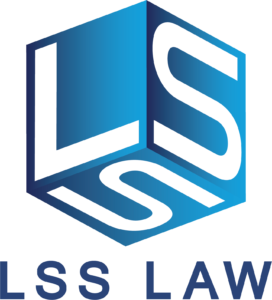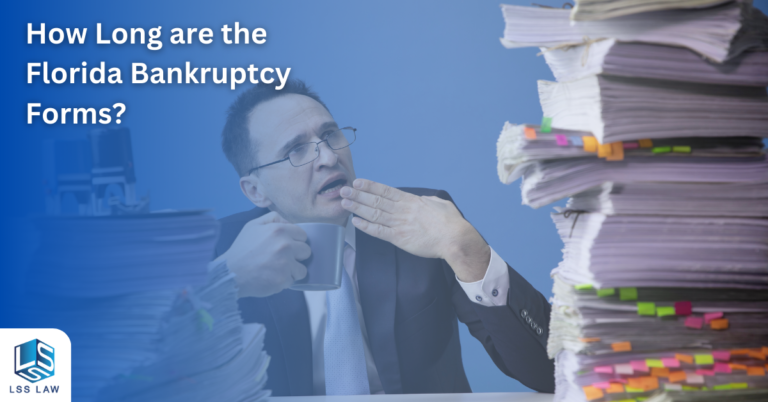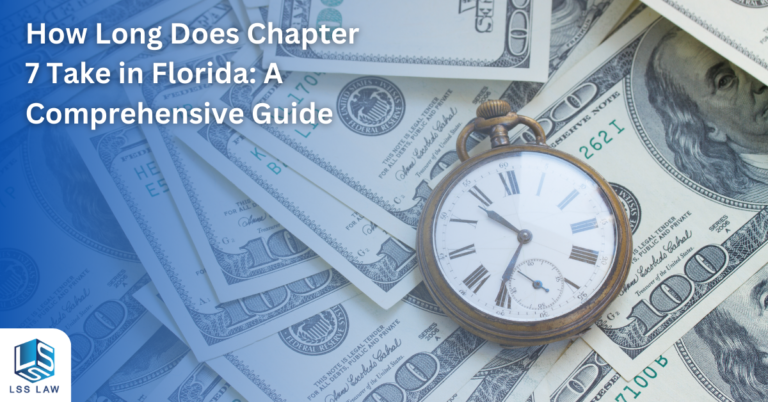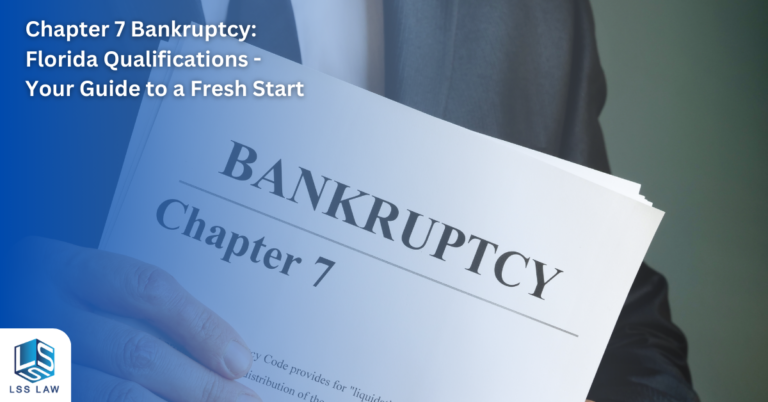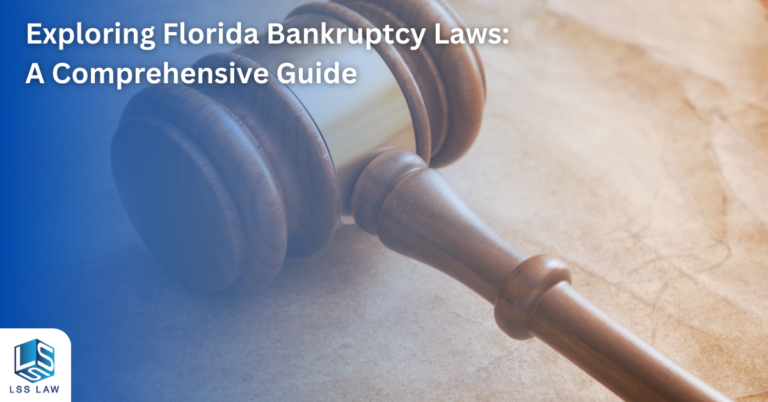If have a student loan and you are interested in reducing your monthly payment to a more manageable amount, we can help you explore your income-based repayment plans and determine if you meet the eligibility requirements.
IBR and PAYE Plans
If your monthly payment (based on your income) under the Income-Based Repayment (IBR) or Pay As You Earn (PAYE) plan is less than what you would have to pay under a 10-year Standard Repayment Plan, you qualify. If it is higher, then you do not qualify because you would not benefit from having your monthly payment amount determined by your income. As a general rule, you will be eligible if your student loan debt amount is higher than your annual discretionary income.
In addition to the above requirements, the PAYE program requires you to be a new borrower as of October 1, 2007, and you must have received a disbursement of a Direct Loan on or after October 1, 2011. A “new borrower” means that you did not have an outstanding balance on a Direct Loan or FFEL Program loan when you received a Direct Loan or FFEL Loan on or after October 1, 2007.
ICR Plan
The other income based repayment plan is the Income Contingent Repayment (ICR) program. Payments under the ICR Plan are typically higher than payments under the IBR and PAYE plans. In some cases, it may even be higher than the amount you would pay under the 10-year Standard Repayment Plan.
Let us help you determine which repayment plans you qualify for and help you choose the one that is most beneficial to you.
Please keep in mind that every matter is different. If you have questions about your student loan debt and you would like to schedule a no-cost consultation to discuss your options, please contact our office by completing the form on this website or calling us at 954-466-0541.
